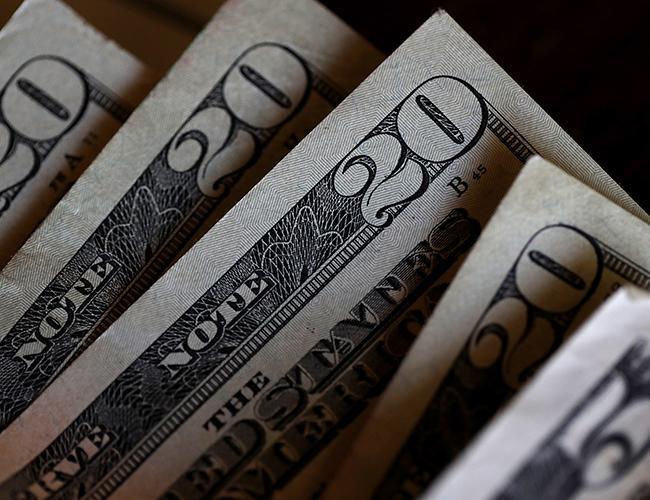
The Turkish Lira slid 2.4 percent and stocks tumbled as much as much as 4.5 percent early on Oct. 9 after the United States and Turkey cut back visa services, signaling a sharp regression in relations between the NATO allies.
The Turkish currency was hit and stood at 3.7 against the dollar, rising from 3.6160 at the close on Oct. 6. It was quoted as having touched a level of 3.9223 overnight.
The lira also plunged to historic lows against the euro, hitting 4.49 early on Oct. 9 before recovering to 4.33 later.
The dispute also hit shares in flag carrier Turkish Airlines, which dropped 8 percent, while the main BIST 100 stock index dropped 4.5 percent to below 100,000 points before recovering some of its losses in the afternoon. Elsewhere in the shares market, Pegasus Airlines dropped.
On Oct. 8, the U.S. mission in Turkey suspended all non-immigrant visa services at U.S. diplomatic facilities in the country. The Turkish Embassy in Washington then followed suit, issuing a virtually identical statement but replacing the country names.
The U.S. move comes at a moment when relations between the two allies are going through severe turbulence. Istanbul Consulate staff member Metin Topuz was arrested late on Oct. 4 over espionage charges and alleged links with some leading members of the Gülen network, accused of being behind last year’s failed coup attempt in Turkey.
“This looks like a really serious situation,” said Blue Bay Asset Management strategist Timothy Ash, quoted by Reuters on Oct. 9.
“The [Turkish Central Bank] CBRT will need to move very quickly to calm market sentiment - if the lira continues to see selling pressure, the CBRT will have to move quickly to hike policy rates in defense of the lira,” Ash added.
He also said the development came at a difficult time in terms of Turkish markets, given the wide current account deficit and the marked deterioration of the deficit’s financing this year.
CBRT Deputy Governor Murat Uysal told Reuters that the rise in dollar could have only “temporary effects” due to geopolitical concerns.
Uysal added that there is no problem with foreign currency liquidity and said foreign currency deposits in banks are currently at their highest level in the recent period.